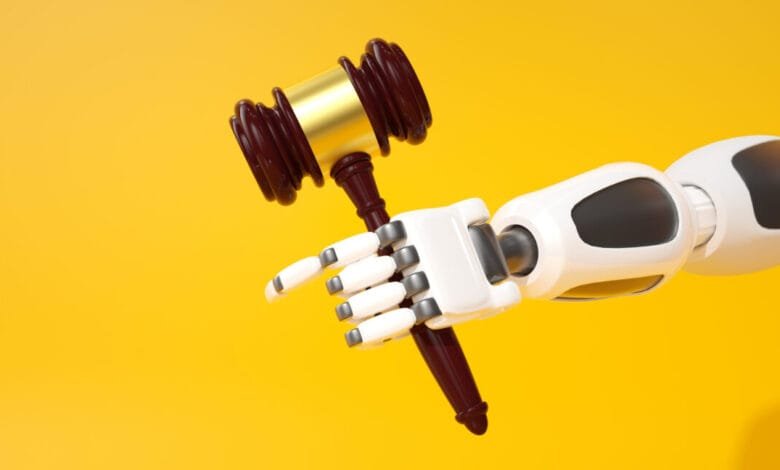Judge Questions Meta’s AI Training as Fair Use

▼ Summary
– A judge expressed skepticism about whether AI training qualifies as fair use during a hearing where Meta faced copyright infringement claims from book authors.
– Meta argued that AI training is transformative fair use, as it creates new works without replicating authors’ ideas or harming book markets.
– Judge Vince Chhabria questioned Meta’s stance, suggesting AI models could obliterate authors’ markets by producing infinite competing works without licensing.
– Meta’s attorney countered that any threat to authors’ livelihoods is speculative, but the judge remained unconvinced it qualifies as fair use.
– The judge warned authors like Sarah Silverman and Ta-Nehisi Coates must prove their markets are dramatically affected to avoid losing the case to fair use.
A federal judge expressed serious doubts about Meta’s AI training practices during a high-stakes hearing this week, marking what could become a landmark case on whether using copyrighted material to train artificial intelligence qualifies as fair use. The social media giant faces lawsuits from prominent authors who claim their works were improperly used to develop Meta’s Llama language models.
Meta maintains its position that AI training constitutes transformative fair use, arguing the process creates entirely new systems rather than reproducing protected content. Company lawyers warned that requiring licenses for training data would cripple innovation, putting U.S. firms at a competitive disadvantage globally. They emphasized that AI outputs don’t replicate specific books or directly compete with original works.
Judge Vince Chhabria challenged these arguments during the hearing, questioning how mass ingestion of copyrighted material without compensation could possibly be considered fair when the resulting AI systems might generate unlimited derivative content. “You’re fundamentally reshaping the market for these creative works,” the judge observed, “while claiming no obligation to license the very material making this possible.”
When pressed about potential harm to authors’ livelihoods, Meta’s legal team dismissed such concerns as hypothetical. However, the judge noted plaintiffs—including bestselling writers Sarah Silverman, Ta-Nehisi Coates, and Richard Kadrey—must demonstrate concrete evidence of market harm to counter fair use defenses. Legal experts suggest this requirement could prove challenging given AI’s emerging impact on creative industries.
The case represents a critical test for AI copyright law, with outcomes potentially reshaping how tech companies access training data. While no ruling was issued, the judge’s pointed questions signal this won’t be resolved through simple summary judgment, possibly setting the stage for extended litigation that could influence similar cases against OpenAI and other AI developers.
(Source: Ars Technica)






